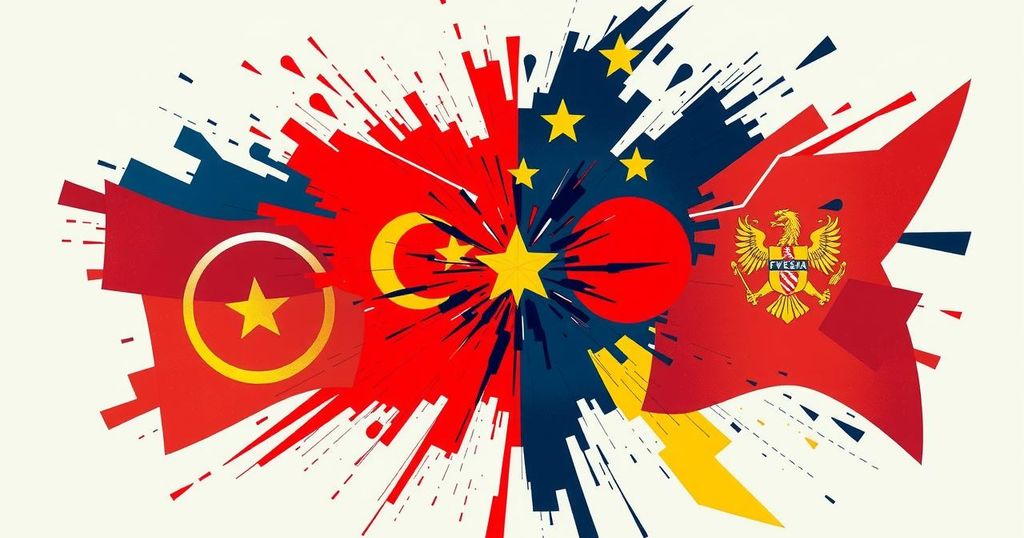Brazil has delayed the approval of Gali Dagan as Israel’s ambassador for two months, risking heightened tensions with Israel. This decision follows recent criticisms between President Lula’s administration and Netanyahu’s government regarding military actions in Gaza. If the approval is denied, Israel’s representation in Brazil would downgrade significantly.
The Brazilian government, led by President Luiz Inácio Lula da Silva, has been withholding approval for Israel to appoint Gali Dagan as its ambassador in Brazil for two months. This move is poised to escalate tensions between Brazil and Israel, currently governed by Benjamin Netanyahu.
In late January, Israel submitted a formal request for agrément to Brazil’s foreign ministry, Itamaraty, to send Gali Dagan as its head of mission. As of now, Itamaraty has not responded to the request, adhering to the diplomatic tradition of leaving such requests unanswered if there is opposition to the nomination.
If the Brazilian government ultimately denies the approval, relations with Israel would be significantly downgraded, with representation reduced to a chargé d’affaires. Itamaraty has stated that these proceedings are “routine and confidential until agrément is granted,” resulting in no comments from officials on the matter. Additionally, the Israeli embassy in Brasília has refrained from issuing any statements.
Tensions between the governments of Lula and Netanyahu have been evident, particularly regarding Israel’s military actions in Gaza. Gali Dagan, the proposed ambassador, is a seasoned diplomat, having joined Israel’s foreign ministry in 2006. His prior positions include deputy chief of mission at the embassy in Lima, Peru, as well as a counselor in Israel’s delegations to both the European Union and NATO.
The ongoing delay in Brazil’s approval of Israel’s ambassadorial appointment underscores a growing diplomatic rift exacerbated by recent criticisms regarding military actions in Gaza. Without approval, Brazil’s representation of Israel will downgrade, marking a significant shift in relations. This situation highlights the complexities of international diplomacy, especially amid escalating tensions.
Original Source: www1.folha.uol.com.br






